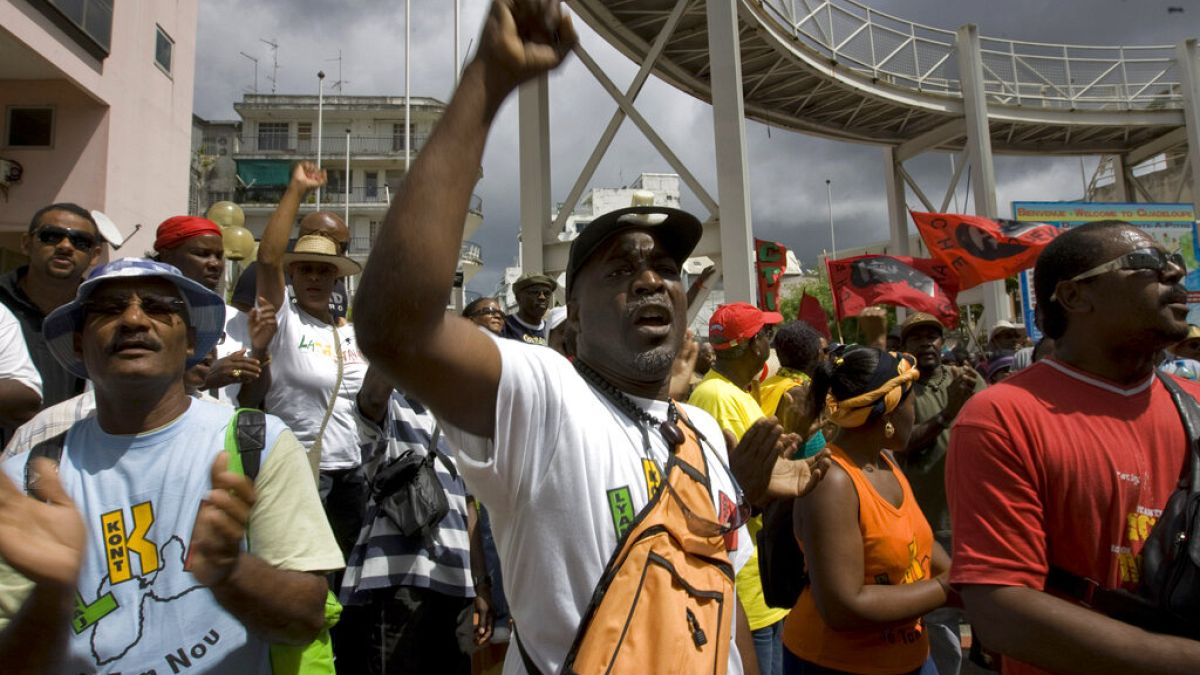How Trump ‘first buddy’ Elon Musk fell out with the UK
Keir Starmer may be rueing the British government's decision to snub the X owner now that he's joining Donald Trump's top team.
LONDON — Keir Starmer has managed to play nice with Donald Trump so far. But the British prime minister may have less luck with Elon Musk.
The world’s richest man has already landed a key role in the U.S. president-elect’s administration, asked to lead a government efficiency drive, attending transition meetings, and even playing golf with the incoming commander-in-chief.
It’s clear the man dubbed “America’s most powerful private citizen” has Trump’s ear.
Yet Musk’s rise in U.S. politics has coincided with his growing hostility toward Starmer, Britain’s center-left leader.
The tech giant zeroed in on wide-scale rioting that hit the U.K. in August, raging over a crackdown on inflammatory social media posts associated with the disorder and accusing the U.K. of “two-tier” policing.
The incoming Labour government responded with a far colder stance toward Musk than that of Starmer’s Conservative predecessor as prime minister, Rishi Sunak, who staged a public love-in with the inventor during an AI summit last year.
Ministers condemned Musk for his commentary on events in the U.K., and opted not to invite him to a major investment summit held in London in October.
Observers on both sides of the Atlantic now question whether Labour acted rashly in snubbing Musk, given the sway he is likely to hold over the ever-unpredictable U.S. president.
A person close to Musk, granted anonymity like others in this piece to speak candidly, said it was unlikely the world’s richest man would forget such a slight easily.
Disorderly conduct
As the owner of X, formerly Twitter, Musk has long been criticized by British politicians of all stripes who want to see tighter regulation of online content, particularly material that is accessible to children.
But the disorder that broke out in English towns and cities in the summer put him on a collision course with Starmer’s nascent government, elected in July.
Musk initially predicted on X that civil war in the UK was “inevitable,” and became increasingly preoccupied with the government’s actions afterward, as a number of rioters were jailed for encouraging unrest on social media.

Downing Street hit back, condemning Musk’s intervention as “totally unjustifiable,” while Courts Minister Heidi Alexander called it “deplorable.”
The BBC subsequently reported that Musk would not be invited to the U.K. investment summit, convened to demonstrate the government’s commitment to attracting investors from around the globe, and that his remarks about the riots were to blame.
This coincided with the government’s separate decision to release some prisoners early to reduce prison overcrowding, which Musk seized on.
“I don’t think anyone should go to the UK when they’re releasing convicted pedophiles in order to imprison people for social media posts,” he posted on X.
(Sex offenders were excluded from the early release scheme, but some probation workers raised concerns about “loopholes” that could allow them to be freed.)
Musk has since repeated the claim, including on U.S. pundit Joe Rogan’s massively popular podcast, leaning into a view of Britain as a kind of woke dystopia.
Long history
The same person close to Musk quoted above said it was “obvious” that his exclusion from the investment summit stemmed from his response to the riots, as the British government was “pissed at him for the Twitter exchange a few weeks earlier.”
Almost immediately, ministers attempted to play down the spat, with Science Secretary Peter Kyle declaring at the investment summit that he was “absolutely ready to engage” with Musk.
It seems to have been a case of too little, too late for Musk. A former U.K. official who has worked with Trump said the X owner was “going to have huge amounts of influence, he was offended not to be invited [to the summit], and he obviously feels very differently about this government to the last one, so I do think that was badly handled.”
Not inviting him was “a very strange decision,” added another former No. 10 official who worked with Sunak on courting Musk. “You don’t need to cosy up to him, but treat him with respect.”
Starmer’s domestic opponents are already on the attack.
A spokesperson for Conservative leader Kemi Badenoch weighed in after news of Musk’s Trump appointment, saying the U.K. summit snub had been “a mistake” which smacked of “student politics.”

Musk’s clash with Starmer has deeper roots, which can be traced back to his unsuccessful attempt to sue a campaign group called the Center for Countering Digital Hate (CCDH) last year.
CCDH is led by Imran Ahmed, a former Labour Party adviser and an old friend of Starmer’s chief adviser, Morgan McSweeney.
Earlier this year, Musk accused CCDH of violating laws against foreign interference in U.S. elections, citing a report claiming strong links between the organization and the Labour Party.
What next?
Some remain sanguine about the U.K.’s prospects for close engagement with Trump and his team despite the beef with Musk.
Ciaran Martin, former head of the U.K.’s National Cyber Security Centre and a professor at Oxford University, said the British government would have to distinguish between “signals and noise” in its approach to Trump, suggesting that most of the more extreme statements by his allies “should be treated as noise.”
He added: “I’m sure there’ll be lots of very entertaining spats, but I’m not sure how much I would forecast real difficulties.”
Josh Simons, a Labour MP on the Commons Science, Innovation and Technology Committee, dismissed the suggestion that Britain should be friendlier to Musk, describing him as “a giant distraction” from “how we harness data to deliver for working people and to restore trust in politics.”
Peter Westmacott, a former British ambassador to the U.S, said there should be no barrier to engaging with Musk, and advised that British diplomacy “from now on will have to include engagement with individuals who are close to the incoming president, and have his ear.”
Key player
While Labour may be heartened by the confirmation of a firmly domestic-facing job at the efficiency commission for Musk, his role is all but certain to exceed his official position.
The New York Times reported that he has been so closely involved in internal discussions about Trump’s next steps that he is overshadowing the people formally appointed to manage the transition.
In the wake of Musk’s job announcement, Starmer’s spokesperson underlined that No. 10 “looked forward to working with president-elect Trump and his team.”
Those looking for clues about how Musk responds to the British cold shoulder could glance at the U.S., where incumbent President Joe Biden’s decision to exclude the entrepreneur from a major White House EV summit because of union issues with car manufacturers has been seen as a factor in Musk’s drift toward Trump.
“Where the Democrats started to lose Elon was actually personal,” Democratic congressman Ro Khanna said recently. “We should have celebrated his contributions to electric vehicles, even though he was against unionization.”
The U.K. Labour Party may yet come to feel similar regret.
Vincent Manancourt, Andrew McDonald and Emilio Casalicchio contributed to this report.
What's Your Reaction?



















































